Jeanine Cowen, Alison Plante – Professional Film Scoring Skills 1: Collaboration and Communication
$2,560.00 Original price was: $2,560.00.$512.00Current price is: $512.00.
Digital Download: You will receive a download link via your order email after successful payment.
This course focuses on maximizing the composer’s relationship with a director or producer. We’ll explore different collaboration and communication styles, as well as how to manage the process of a collaboration from being hired through the final delivery.
Professional Film Scoring Skills 1: Collaboration and Communication
This course focuses on maximizing the composer’s relationship with a director or producer. We’ll explore different collaboration and communication styles, as well as how to manage the process of a collaboration from being hired through the final delivery. You will work with student filmmakers to gain experience collaborating directly with a client and managing a working relationship. Business skills for film composers are also covered, focusing on contracts and rights, and working within a budget.
By the end of the course, you will be able to:
- Present a director with suitable demos
- Revise and rewrite themes for a director
- Present cues to a director and receive and interpret feedback in a positive spirit
- Anticipate the steps of being hired to score a studio picture
- Develop strategies for how to aesthetically and stylistically approach a film
- Negotiate fees and contracts
- Interview and take a meeting successfully
- Navigate power struggles between producers and directors
- Make effective use of a budget for a package deal
Syllabus
Lesson 1 Seeking Work
Lesson 2 Demoing for a Gig
Lesson 3 Developing Your Business Mindset
Lesson 4 You’re Hired! What’s Next?
Lesson 5 Starting the Collaboration
Lesson 6 From Spotting to Scoring
Lesson 7 The Complete Sound and Music Canvas
Lesson 8 Finalizing Cues
Lesson 9 The Scoring Session
Lesson 10 Other Professionals on the Music Team
Lesson 11 Final Steps
Lesson 12 Wrapping Up
Requirements
Prerequisites and Course-Specific Requirements
Must be admitted to the MM in Film Scoring degree program. Specific prerequisite skills for this course include:
- Ability to connect with a film director’s vision and speak fluently in the language of film.
- Readiness to take creative direction.
- Openness to collaborate on interdisciplinary projects.
- Critical thinking skills in approaching contracts and other business proposals.
- Ability to score a complete media work using a home studio setup.
- Foundational understanding of copyright concepts.
Students are expected to source a short student or independent film to score for the class project. Anyone unable to find a project on this term’s timeline may use a film provided by the instructor, who will also pair up students in this situation within the class to serve the role of director or composer on each other’s projects.
.rTable { display: table; width: 100%;}
.rTableRow { display: table-row; }
.rTableHeading { background-color: #ddd; display: table-header-group; }
.rTableCell, .rTableHead { display: table-cell; padding: 3px 10px; border: 1px solid #999999; }
.rTableHeading { display: table-header-group; background-color: #ddd; font-weight: bold; }
.rTableFoot { display: table-footer-group; font-weight: bold; background-color: #ddd; }
.rTableBody { display: table-row-group; }
.rTable { display: table; width: 100%;}
.rTableRow { display: table-row; }
.rTableHeading { background-color: #ddd; display: table-header-group; }
.rTableCell, .rTableHead { display: table-cell; padding: 3px 10px; border: 1px solid #999999; }
.rTableHeading { display: table-header-group; background-color: #ddd; font-weight: bold; }
.rTableFoot { display: table-footer-group; font-weight: bold; background-color: #ddd; }
.rTableBody { display: table-row-group; }
Get Download Jeanine Cowen, Alison Plante – Professional Film Scoring Skills 1: Collaboration and Communication at Forimc.net today!
Be the first to review “Jeanine Cowen, Alison Plante – Professional Film Scoring Skills 1: Collaboration and Communication” Cancel reply
Related products
Music





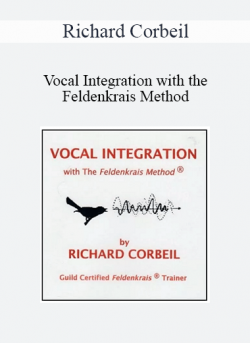
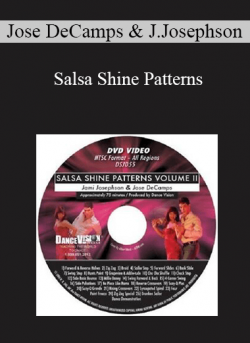
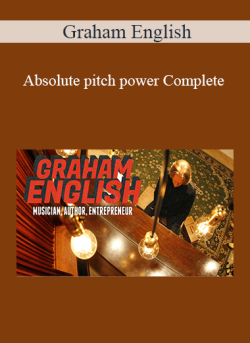
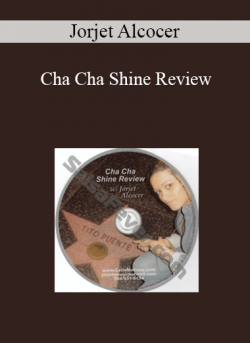


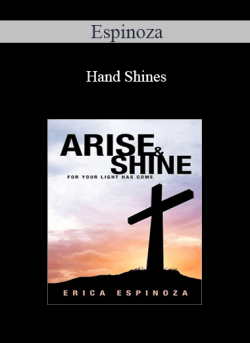
5 reviews for Jeanine Cowen, Alison Plante – Professional Film Scoring Skills 1: Collaboration and Communication
There are no reviews yet.